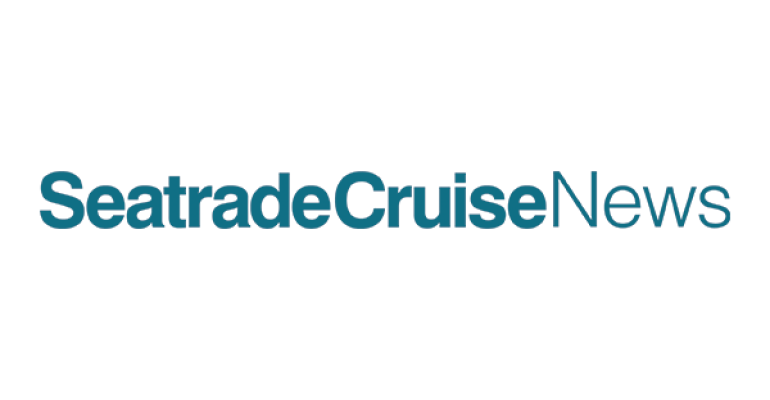Featured issues include – among others – cruise ship classification, the regulatory framework for passenger ship operation, the education and training of officers as well as technical aspects of ship operation.
The document also goes into detail about the question if the Costa Concordia incident can be compared to earlier losses of ferries such as the Estonia-disaster off the Finnish coast back in 1994.
DRV's Cruise Safety Q&A-Guide takes corresponding documents of the European Cruise Council (ECC) and the Cruise Line International Association (CLIA) into account. Its creation has been supported by Dr Olaf Mager (Germanischer Lloyd) as well as Professor Sander Limant (Flensburg University of Applied Sciences).
German travel agents widely agree that the grounding of Costa Concordia has so far not affected booking volumes in the world's third-largest source market. Potential passengers, however, show increasing awareness with regard to safety issues, but also with regard to sustainability.
Various German operators are intensifing their information about these issues. Both AIDA Cruises and TUI Cruises have, for example, installed respective sections on the homepage of their websites. TUI launched its own fairly compact Q&A-file about safety earlier this week.
In the UK, the Passenger Shipping Association issued a Safety at Sea Fact Sheet highlighting the safety track record of cruising. Between 2005-2011 cruise lines carried more than 117m passengers with a total of 21 deaths related to marine casualties, less than 0.18 fatalties per million, stated the PSA.
Copyright © 2024. All rights reserved. Seatrade, a trading name of Informa Markets (UK) Limited. Add Seatrade Cruise News to your Google News feed.


